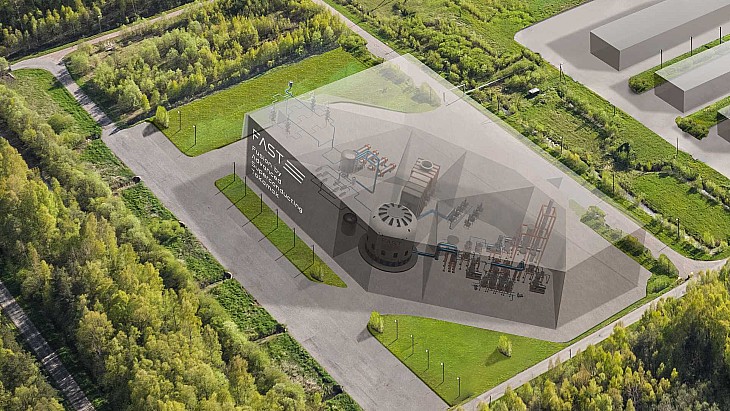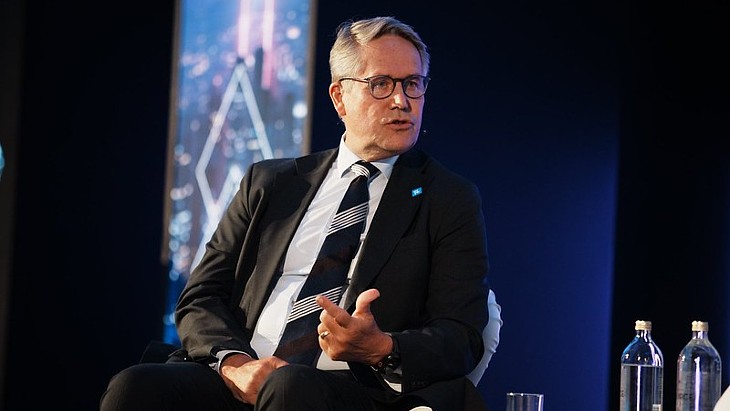In a statement, Eletronuclear said it was "committed to reversing the embargo on the Angra 3 works, seeking a constructive dialogue with the Angra dos Reis City Hall to clarify the issues presented and find a solution that allows the resumption of activities at the construction site".
It added: "The company understands the importance of this project for the country and is committed to contributing to the sustainable development of Costa Verde in the state of Rio de Janeiro. It is essential to point out that the stoppage of the Angra 3 works has consequences that go beyond the scope of the completion of the plant, affecting the economy and the well-being of the local population. Thus, Eletronuclear wants to resume the construction of the unit as soon as possible, guaranteeing the benefits that its completion will bring to the region."
The city government of Angra dos Reis ordered a halt to the work on Angra 3 at a meeting on 19 April. In a statement at the time, Mayor Fernando Jordão said "I authorised this embargo because Eletronuclear is executing a project that is not in accordance with what the municipality approved" and Mário Reis, president of the Municipal Environment Institute, said "they increased the circulation area in one of the units, changing the project ... the process is being analysed and a new permit will be issued when the modifications are approved".
The mayor also said that Eletronuclear had yet to pay the "socio-environmental compensation" it had committed to pay in 2009, which the authority says amounts to BRL264 million (USD52 million), saying: "We have to resolve this issue so that we can issue the construction permit for Angra 3."
The latest halt to construction to Angra 3, which is on the coast about 70 miles south of Rio de Janeiro, comes just six months after work finally restarted following a seven year break.
Brazil currently has two reactors - Angra 1 and Angra 2 - which generate about 3% of the country’s electricity. Work on the Angra 3 project - to feature a Siemens/KWU 1405 MW pressurised water reactor - began in 1984 but was suspended two years later, before construction began. The scheme was resurrected in 2006, with first concrete in 2010. But, amid a corruption probe into government contracts, construction of the unit was halted for a second time in 2015, when it was 65% complete. At the time of the project’s revitalisation, Eletronuclear’s aim was to start operations by the end of 2026.
Brazil also began a process to identify sites for new nuclear power plants last year. The country has historically relied on hydro for as much as 80% of its electricity but changes in rainfall patterns produced droughts which reduced this to 65% by 2018. Brazil’s National Energy Plan to 2050 says the country aims to add 10 GW of nuclear capacity in the next 30 years.

.jpg)



_82983.jpg)
_34792.jpg)
_16403_79272.jpg)


_76087_55556.jpg)



